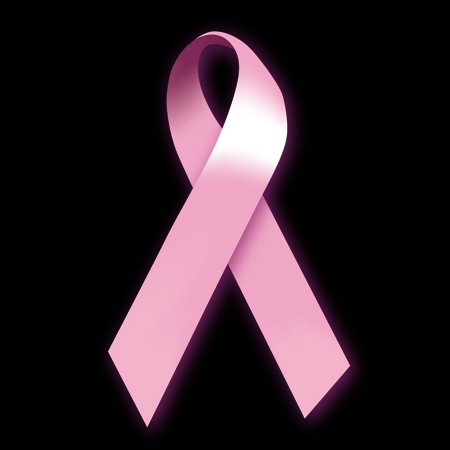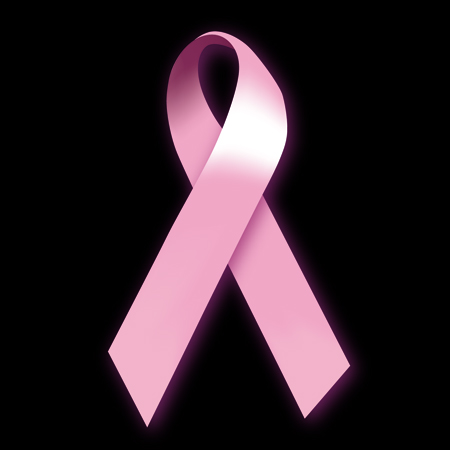Breast Cancer Study: It’s Different For Younger Women
SMU health psychologist Georita Frierson studies of the challenges faced by women fighting Triple Negative Breast Cancer

DALLAS (SMU) – Breast cancer is terrible at any age, but the collateral stress, anxiety and psycho-social burdens are different for young women who are starting careers, relationships and families.
What if chemotherapy triggers early menopause? Where do women go for advice and empathy when their peers are largely healthy and active?
SMU health psychologist Georita Frierson recently launched a study of the psychological and social challenges faced by women fighting Triple Negative Breast Cancer – an aggressive, non-hormonal form of breast cancer that strikes primarily younger, often African American or Hispanic women. Women with traditional, hormonal-type the disease are typically over age 50, in a later career phase, may be finished raising their families, and are more likely to have peers struggling with a chronic illness.
“We don’t know anything about this younger population psychologically,” said Frierson, an expert in behavioral health psychology and an assistant professor in the SMU Dedman College Department of Psychology. “But based on this study, we could tailor a psychological intervention to help other women like those in my pilot study. They will be pioneers, and may help others diagnosed with Triple Negative in the future.”

Health providers who have agreed to refer patients with medical approval by their physicians include U.T. Southwestern and Parkland Hospital in Dallas and Moncrief Cancer Institute in Fort Worth. As a partner in the study, The Cooper Institute in Dallas will provide participants with fitness testing. The survey also is online, so women outside the Dallas-Fort Worth area can participate in the study by answering a one-timequestionnaire. The survey, which takes 45 minutes to an hour to complete, asks questions about physical activity, diet, nutrition, compliance with doctor appointments, stress levels, body image, quality of life, relationships, friendships, fertility, depression, anxiety, sleep and fatigue.
The research is funded with a two-year, $50,000 grant from The Discovery Foundation in Dallas.
SMU is a nationally ranked private university in Dallas founded 100 years ago. Today, SMU enrolls nearly 11,000 students who benefit from the academic opportunities and international reach of seven degree-granting schools.
SMU has an uplink facility located on campus for live TV, radio or online interviews. To speak with Dr. Frierson or book her in the SMU studio, call SMU News & Communications at 214-768-7650.